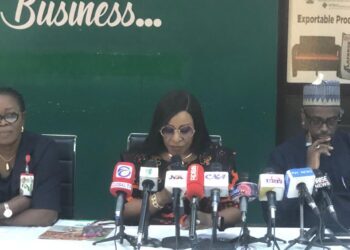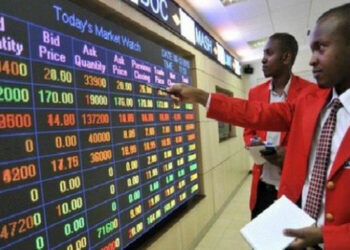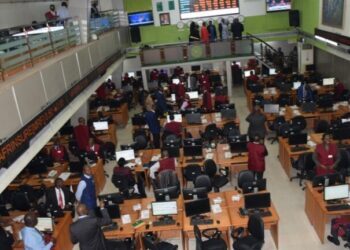As part of an effort to cushion the excruciating impact of the fuel subsidy removal on Nigerians, the Federal Government has launched the Compressed Natural Gas (CNG) ‘Keke NAPEP’ to cut down the high cost of transportation.
The National Orientation Agency (NOA) in collaboration with the SIMBA Group of Companies (Nigeria), and the ECOMEAD ACRES, launched the CNG Keke on Friday in Abuja.
Addressing journalists during the unveiling, the Director-General of NOA, Lanre Issa-Onilu, noted that the aim is to consume far less fuel compared to the existing tricycles that use petrol, as such will cut down the cost of transportation to the barest minimum.
He said that the project is focused on touching the lives of the ordinary Nigerians especially those living in the rural areas, and in consonant with Mr President’s renewed hope agenda.
He noted that the federal government has established about 10,000 CNG stations across the country to ensure the availability of the compressed natural gas to the users of the newly launched tricycles.
He assured Nigerians that the CNG Keke NAPEP will drastically reduce the high cost of transportation and other similar challenges currently experienced by Nigerians.
He also revealed that the CNG is environment friendly and will reduce the pollution caused by the use of petrol, and by extension address the challenge of climate change.
Issa-Onilu said: “This press conference is to address the very important issue of transportation, as a fallout of the removal of fuel subsidy. It is the policy of the government to provide immediate succor in terms of palliative.
“The President in his address to the nation several times reiterated the fact that a lot of interventions are on foot regarding how to reduce the impact the subsidy removal has had on all of us.
“And also, the issue of reducing our dependence on petroleum products as the only means of powering our automobiles was paramount in his address, and that has been at the forefront of the policy that the government is pursuing at the immediate.
“Related to that is the introduction of the Compressed Natural Gas (CNG) as an alternative source to power our automobiles. You also recall that the federal government as we speak is accelerating the process of bringing CNG powered buses to the country. And apart from that about 10,000 CNG filling stations across the country are put in place, so that we can have CNG as an alternative source of powering our automobiles.
“We all know the role that Keke NAPEP has come to play as a means of transportation in this country, especially for those who live in rural areas. Millions of Nigerians on a daily basis commute using the Keke NAPEP. So, it is a thing of joy that we are having this as an immediate solution, by having a local assembly for Keke NAPEP powered by CNG.
“We have here today the company that is already thinking ahead in line with government policy of providing this arrangement which is the CNG powered Keke-NAPEP. As an Agency, we have our operations and structures nationwide at all the 774 local governments.”
On the impact of the CNG on Nigerians, the NOA DG said it will drastically reduce the cost of fuelling the automobiles, reduce cost of transportation, reduce the impact of fuel on the environment, and tackle the issue of foreign exchange, among other benefits.
In his remarks, the CEO of ECOMEAD ACRES, Kayode Oyin-Zubair, said the CNG Keke-NAPEP is configured to use both petrol and CNG, adding that it is environmentally friendly.
Oyin-Zubair assured that the CNG powered tricycle will ameliorate the impact of the fuel subsidy removal on the cost of transportation for the benefit of all Nigerians.
“The CNG is environmentally friendly, and it will ameliorate the problems of Nigerians. We have put in. place mechanism to get them to the 774 LGAs across the country,” he said.
He stressed that the CNG powered Keke-NAPEP is one product that will bring relief to Nigerians in terms of the challenges they face regarding the high cost of transportation.
Representative of the Wandel International Nigeria/ Simba Group of Companies (Nigeria), Sharma Shamrat, said the CNG powered automobiles are the best option for Nigeria.
Shamrat said: “Let’s say in Nigeria CNG looks new, but CNG is a certified product which has been used all over India. Now, let’s say when I talk about India, we’re talking about 1.5 billion people. The population itself is so huge that it needs alternative transport.
“Now, if a country that big continues to put petrol and diesel in their vehicles, how much of the damage will be caused to the planet. Mother Nature is not going to hold for too long before it is too late, we need to make the change. Here in Nigeria, CNG seems to be the option.
“In the urban area where we have a lot of good roads we might be having a lot of filling stations for CNG, but that doesn’t mean that we will leave the rural population behind. So our vehicle comes with the option that you can switch between petrol and CNG.”











